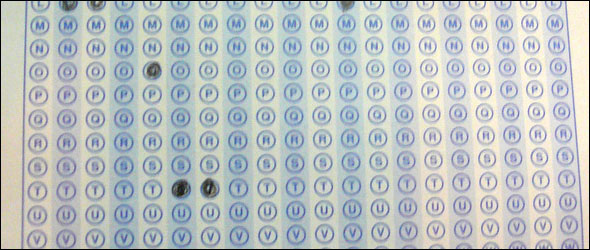As I have mentioned many times before, I feel like our education system was developed with altruism and nobility at its core. I have seen it all the way from elementary school to undergraduate university (though obviously much less so at higher levels at education). While I think it’s nice that we’re taught to do “good” things, I think it is very problematic when this obsession with an ideal world clouds our ability to think rationally and critically. One of the most common examples I remember is being taught over and over again that “desiring money makes you a bad person”, etc. I don’t want to talk about money today because that’s a big topic I want to save for another day, but suffice to say, I think making simplistic statements like “desiring money makes you a bad person” is pretty ridiculous and dangerous, especially at a time when we should be helping young people to think instead of shoving ridiculous statements with no context down their throats. I’ll just stop here with the whole money thing and say that if you’re going to judge someone, judge them based on not just how they use money, but also realize that there is diversity in personal preference regarding luxury and even diversity in how that relates to our moral obligations to share with others.
I am not saying altruism is a bad thing. Being unselfish and serving others is something I highly respect and value, and is an important quality we all need to have at one point or another, particularly in the medical profession. It does become problematic, however, when you start taking it to the extreme and believing that only altruism is good and selfishness is bad in everything.
We all need to be selfish at some point, and anyone who denies ever being selfish needs a reality check. If you’re reading my blog right now (and I’m assuming because you want to and find enjoyment/value in it), I dare you to ask yourself whether this isn’t a selfish act considering that you could be out volunteering or cleaning up the park or something more altruistic. If you agree with me that we can’t be altruistic all the time (or that even if we could, it’s unhealthy), then let’s keep going forward. Clearly, there are times when altruism isn’t in our best interests and it has nothing to do with being a good or bad person – sometimes it’s just a choice.
Altruism can be good and all, but how altruistic we are and when we are is going to be situation dependent. Even doctors need to be selfish and take care of themselves – they need to go home, see their families, rest, etc. A stressed out, tired, unhappy doctor is not going to be good for his or her patients. Balance is important.







